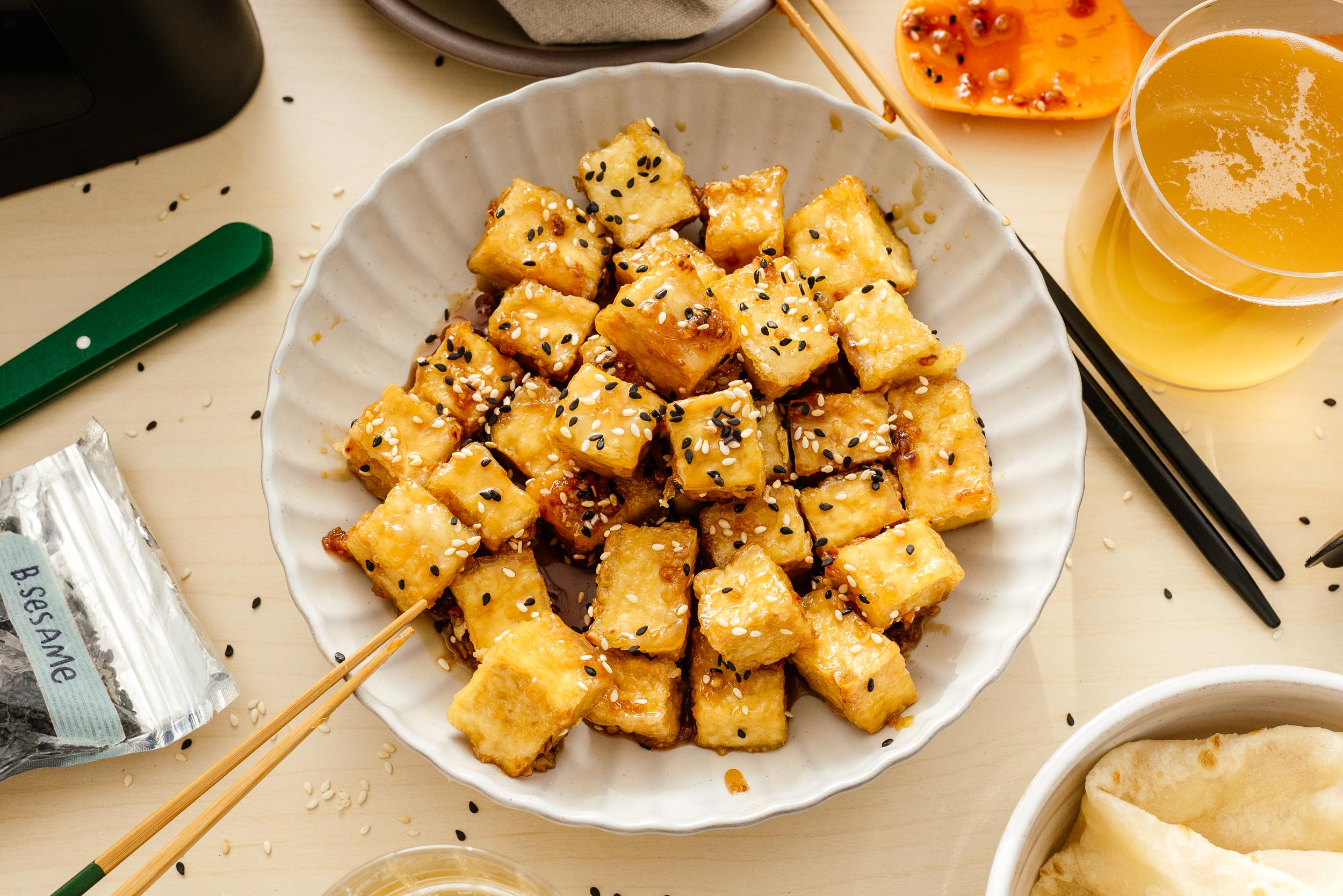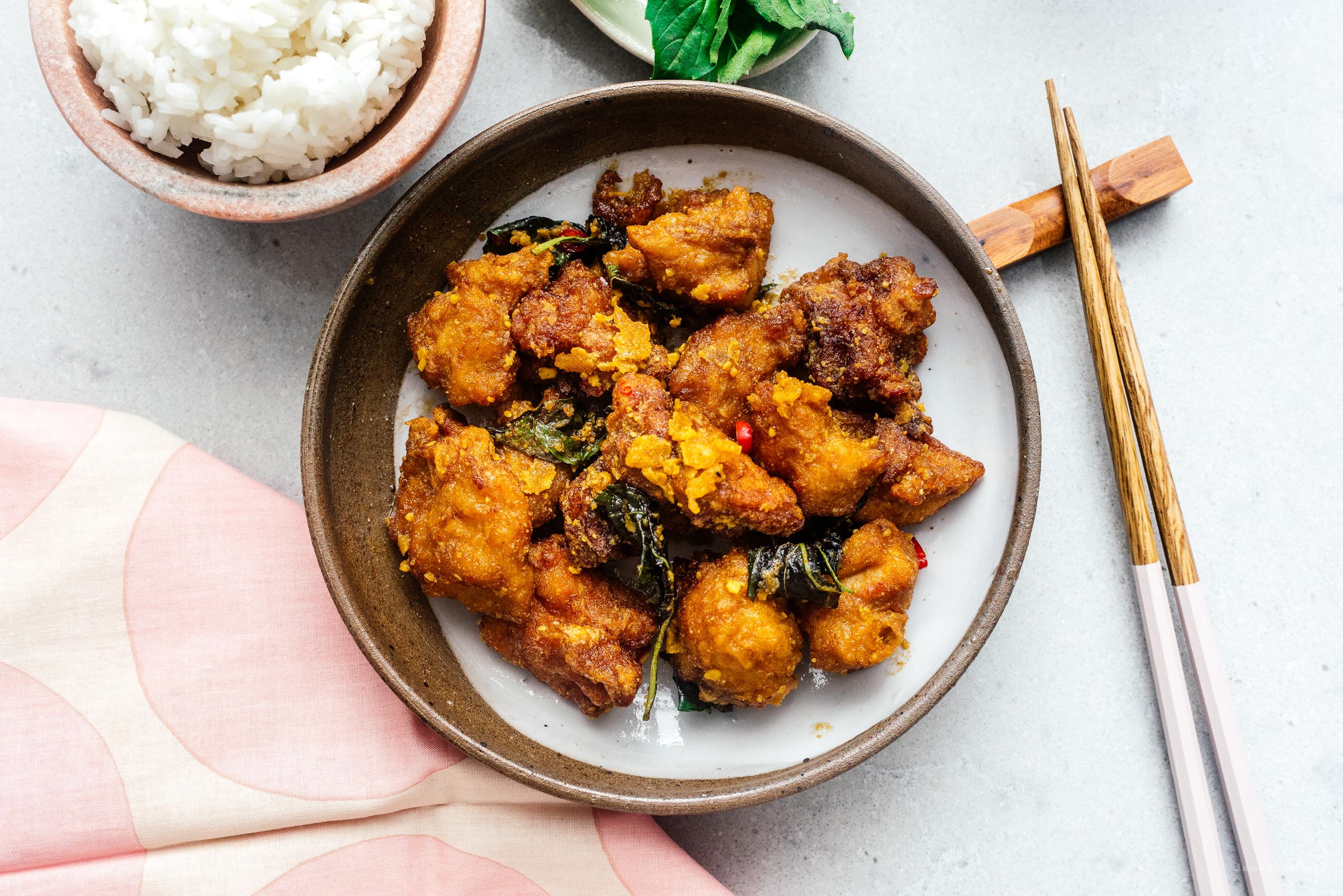ground beef recipes
Top ground beef recipes

Tiktok Tortilla Wrap Hack
Whether you customize it your way or make this crunchwrap supreme version, the tiktok wrap hack is basically the smartest way to make a wrap.

Mini Burger Recipe
When I was brainstorming ideas for the savoury bottom tier of our afternoon beer, mini burgers immediately came to mind. Mini burgers are the tiny tea sandwiches of the burger world. Super simple, super tasty. This is barely a recipe...

Shepherd’s Pie
Super savory saucy beef mixed with corn and peas topped off with a huge pile of creamy mashed potatoes.

Swedish Meatballs
Real deal Swedish meatballs, just like in Sweden.
All ground beef recipes

Taco Chili
What would happen if tortilla soup and chili had a baby?

Tiktok Tortilla Wrap Hack
Whether you customize it your way or make this crunchwrap supreme version, the tiktok wrap hack is basically the smartest way to make a wrap.

Swedish Meatballs
Real deal Swedish meatballs, just like in Sweden.

Instant Pot Chili
Tender ground beef swimming in a pool of smoky, spicy, garlicky, roasty tomatoes and broth, all in 30 minutes!

How to make a Beefy Burrito
The iconic Beefy 5-Layer Burrito

Burger Dog
Tasty, cute, and easy to eat because of its superior shape!

Shepherd’s Pie
Super savory saucy beef mixed with corn and peas topped off with a huge pile of creamy mashed potatoes.

Bolognese
How to make the best pasta ever with this silky smooth slow simmered bolognese sauce.

Salisbury Steak
Modern retro heaven on a plate: super juicy, tender beef patties swimming in a umami rich mushroom gravy.

Egg Roll in a Bowl Keto Recipe
It’s just like eating an egg roll, minus the wrapper because it’s keto-friendly!




